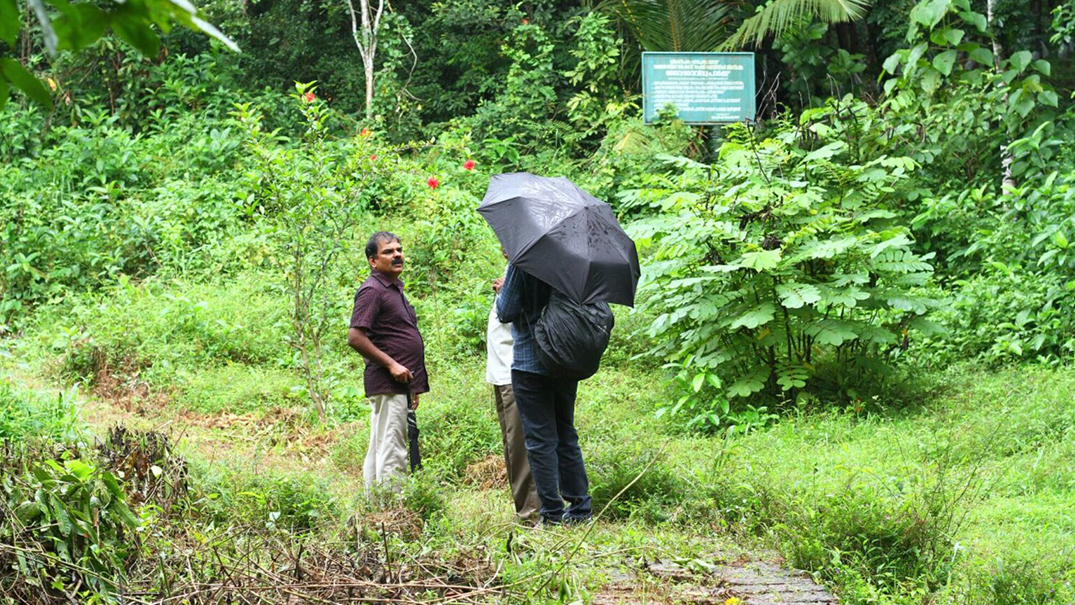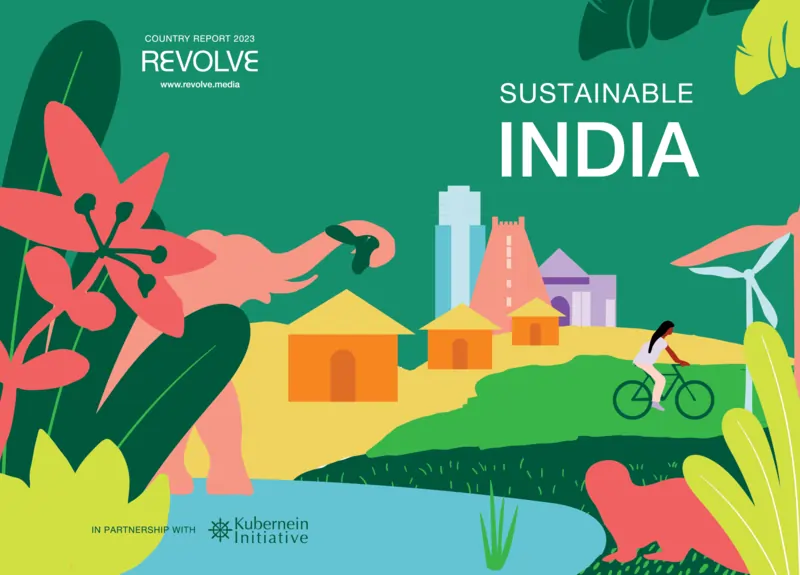Reinforcing India’s existing legal frameworks to implement the Global Biodiversity Framework
India’s National Forest Policy 1988, set a target of one-third of its geographical area to be under forest and tree cover. Further, through NDC/climate goals, India has committed to creating an additional 2.5 to 3.0 billion tonnes of CO2 equivalent of carbon sink through forest and tree cover by 2030. The implementation of both these targets will advance the GBF targets as well.
The Global Biodiversity Framework stipulates that gender equality, and the rights of indigenous communities must be prioritised when implementing biodiversity targets, as women and indigenous communities face differentiated impacts from the loss of biodiversity – hampering their access to resources and livelihood security. The strategy for India’s proposed ecosystems-based approach to achieving the 30×30 goal must include a rights-based and gender-responsive perspective, as well as the active participation of local and forest-dwelling communities. Further, grasslands, mangroves, wetlands and peatlands must also be incorporated into the conservation strategy for the 30×30 goal, as their ecological and productive value is often overlooked. By doing this, the existing legal mandates of Biodiversity Act, Forest Rights Act and Forest Conservation Act can be executed in letter and spirit. Further, under the BDA, a National Biodiversity Plan accommodating the GBF targets can further streamline the implementation of the 30×30 targets.
Impediments to implementation
While India’s intentions and global commitments reflect a strong and principled conservatory lens; local implementation is challenged by large scale deforestation, degradation, rapid urbanisation, and industrial development. As per the statement made by the Union environment ministry in Rajya Sabha on 6 April 2023, a forest area spanning 88,903.80 hectares i.e. more than twice the size of Mumbai suburban district has been diverted for infrastructure and development initiatives over the last five years in the country. The State of Forest Survey Report 2021 also concedes that the quality of forests especially the ‘very dense forests’ have reduced in the country.
Further, a series of proposed amendments to the laws regulating forest conservation and biodiversity contradict India’s international climate and biodiversity goals. For example, the Forest Conservation (Amendment) Bill, 2023 seeks to alter the list of forest lands and projects that will be exempt from the Forest Conservation Act, 1980’s (FCA) jurisdiction essentially taking away legal protection of certain forest lands. Exemptions are mostly granted for linear and infrastructure projects, both of which, as the union ministry itself notes, have significantly reduced the amount of forest cover in recent years. The bill also violates the statutory provisions under Forest Rights Act, 2006 which vests right to permission for diverting forest land with the gram sabha that constitutes of forest dwelling communities. The proposed amendments indicate a worrying trend with far-reaching implications on biodiversity, its fragmentation and displacement of communities that sustain it.
Similarly, the Biological Diversity Amendment Bill, 2021 proposes some distressing changes such as decriminalisation of offences under the Biological Diversity Act (BDA), 2002 and some sweeping exemptions for Indian medicine systems from equitable benefit sharing of local traditional knowledge and local communities. Decriminalising of environmental offences licences polluters to pay and abandon their ecological responsibility. Further, the amendment contravenes the GBF and BDA that highlight the critical importance of local communities in biodiversity conservation and specifically calls for protection of ecosystems while protecting the rights of local communities. Legal protection for ecosystems and the protection of the rights of local and forest-dependent communities are inter-dependent and essential to conserve and promote India’s biodiversity.
Need for stronger biodiversity protection in India
India is rapidly urbanising, and safeguarding our natural biodiversity is crucial for supporting our rising population and its water and climate security needs. Our forests, grasslands, wetlands, peatlands, mangroves, and their biological resources support a variety of ecosystem and livelihood services and help us adapt to climate change and mitigate its effects. According to an ongoing study seven biodiversity parks in Delhi and the National Capital Region have replenished more than a million gallons of water worth Rs. 2,000 crores; sequestered 37.36 tonnes of carbon dioxide removed 0.06 tonnes of air pollution; and provided ecosystem services worth over Rs. 11 crores per hectare since 2021.
The aim of the biodiversity convention and framework is to halt and reverse the planetary biodiversity loss. If biodiversity protection is not prioritised in the development, land use planning and governance, the country’s natural resources will face increased burden on our environment and economy.

Biodiversity Park in Sreekandapuram. Legal protection for ecosystems and the protection of the rights of local and forest-dependent communities are inter-dependent and essential to conserve and promote India’s biodiversity. Photo by Manoj Karingamadathil/Wikimedia Commons.
Our actions and inactions in this decade, will determine the course of our future water and climate security. With India’s existing legal framework for biodiversity and forest conservation barring the proposed amendments, implementation of GBF can be fast-tracked without creating parallel mechanisms. India must not miss out on the opportunity to take leadership in implementing its commitments locally to create a positive momentum regionally and globally.
Priyanka Bhide is the co-founder and director of Kubernein Initiative, an independent, female-led, geopolitical advisory firm based in Mumbai (India) working to mainstream issues that need greater intellectual capacity and focus. Namrata Kabra is a legal researcher working on environment, gender, and climate change. She is with Kubernein Initiative as Programme Associate, Water & Climate Security.
This article was originally published by Mongabay on 10 July, 2023.



